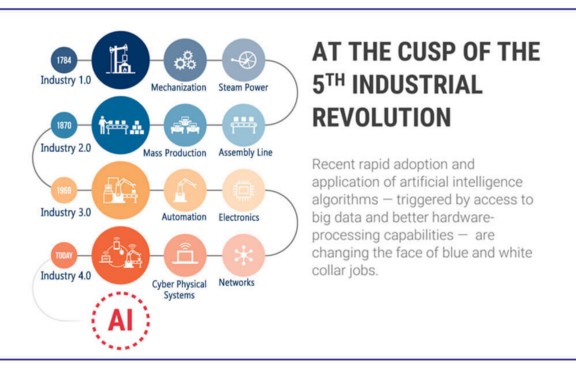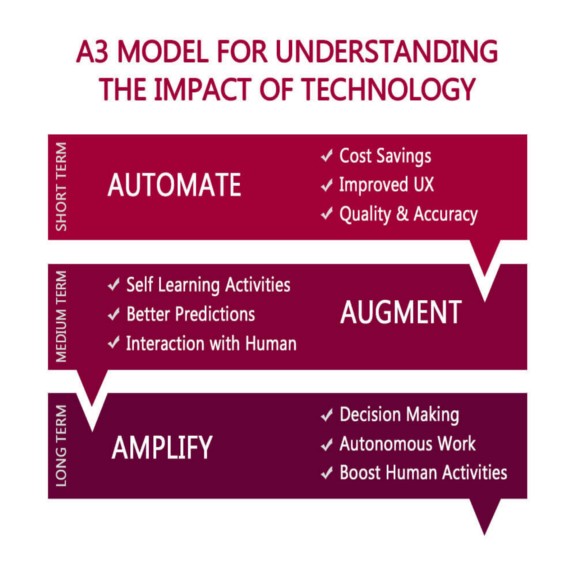While the advancements we’ve seen in technology have certainly allowed for efficiency improvements we never thought possible, there is still a general concern for many that their jobs will soon be replaced. Especially where HR (human resources) is concerned, will all these new software replace the role of HR teams?
For those who work in HR, you’ll know that your job has been made easier over the years thanks to machine learning and AI (artificial intelligence) tools. As our reliance upon such resources increases, it’s only natural to assume the next step would be to replace HR teams altogether and have everything running from these types of programs and platforms. Today, we want to assess this very question and why we think automation can never replace the human aspect of HR.
The Emergence of Automated Tools
Though the concerns of ‘robots replacing humans’ were first seen in science fiction movies, they became real soon after as technology continued to find new ways to amaze us. With AI solutions in recent years, there are three main reasons as to why they have been so successful in this particular niche.
Short-Term – Firstly, AI solutions are allowing for an improvement to the user experience, for businesses to save money, and for an overall improvement in accuracy and quality.
Medium-Term – Secondly, they are allowing for chatbots, predictive analytics software, and other self-learning
Long-Term – With autonomous work and their ability to choose the best decision in any given situation, AI solutions are improving the efficiency and accuracy of all HR tasks.
According to a recent report from Gartner, the last four years has brought about a 300% increase in the number of businesses choosing to implement AI solutions. During this period alone, the solutions available on the market have improved significantly and this has implications in all aspects of HR strategies.
Before five years ago, AI implementation was uncommon and the HR community voiced their concerns over the investment being put into AI solutions. However, the numbers of successful case studies increased and we’ve now reached the stage where HR teams without AI would be considered at a ‘disadvantage’.
New Human Resource Roles
Of course, we should always remember the aim of automated platforms and tools; to improve the speed of service for employees and the accuracy of the business. For large businesses especially, with hundreds and thousands of employees, they need to take every opportunity they get to improve the efficacy of this department. For Mark Hurd, CEO of the aptly-named Oracle, the industry will never be fully autonomous. Although basic functions will be replaced by more efficient solutions, this will allow HR staff to move into more specialized roles.
What does this mean? For Hurd, we don’t yet have a full understanding because the roles haven’t been created as of yet. This being said, a higher level of professionals will result from the increased automation. Rather than wasting their time on candidate screening, having basic conversations, and monitoring employee engagement, this new role will focus on more advanced tasks.

Is there a risk of redundancy in the HR industry currently? According to a McKinsey Global Institute study from 2018, the risk of full automation gets less and less likely the higher you move up the career ladder. For example, those in junior payroll administration roles are in danger due to the nature of the tasks they’re hired to perform. Compared to a 90% risk in this role, HR had a full automation potential of just 14%.
According to the report, over half of junior roles are at a serious risk level but the new roles that will result from automation are still in their early stages. Yet, large companies are creating new roles and we have evidence of this with Suntrust and IBM.
Suntrust – For the workforce, there was a common problem occurring even after automation; financial pressure. To deal with this problem, a new HR department was deployed at Suntrust and they created an online financial training platform along with various benefits programs for employees. After 80% of employees took part, nearly one in five said after the survey that they now wanted to stay at the company.
IBM – Elsewhere, IBM was forced into creating a new role to manage the technology being used to communicate with employees and measure employee engagement. Anshul
Summary
Rather than the role of HR employees being replaced, industry experts seem to think that a revolution is far more likely. With the brilliant technology we’re seeing, they can be great for automating simple tasks but they can’t successfully manage big picture tasks. Therefore, HR employees are having their time freed from mundane tasks and are being able to hone their skills to become specialized employees.
All things considered,









